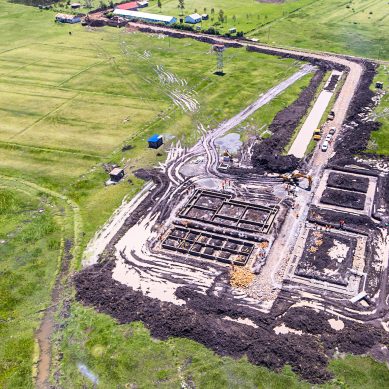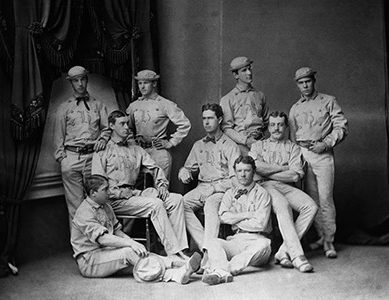
Premier League team managers who got the best out of Jermain Defoe as a player were those who connected with him on a personal level, as well as a football one; the ones who were honest and approachable, someone he could talk to about anything.
And this is what he want to football management if and when he gets an opportunity.
“It’s not just about coaching, it’s about managing people,” he says. “Sam Allardyce, Harry Redknapp, even Gareth Southgate – all these kinds of managers that manage people are the best managers, and the ones that I’ve always scored a lot of goals for. They never complicated anything. It was: ‘Go out and express yourself. Work hard. Get your goals. You’re in the team for a reason, go and do what you’re good at. Be Jermain Defoe, that’s it. Don’t change anything. Just be you’.”
Redknapp is something of a mentor for Defoe. In one of his podcast episodes, Defoe visits his former manager (Defoe played for Redknapp at West Ham United, Portsmouth and Tottenham) at his south coast home to quiz him about dealing with the pressures of management.
“I’m not sure it’s worth it, J,” says Redknapp, who retired from management in 2017. “I’m much happier now.”
How does that make Defoe feel? “I know what I’m getting into. I know at some stage I’m going to get sacked, that it’s going to be tough. It’s a test of your character, no different to when I was a player. That doesn’t really bother me. The only thing that bothers me is the lack of opportunities black managers get.”
In a report released last month, the Black Football Partnership (BFP), an organisation of present and former black players, published its annual review of the professional game in England and Wales. It revealed that the number of management-related positions held by black employees had risen from 49 individuals out of 1,338 (3.7 per cent) in 2022 to 57 individuals out of 1,304 (4.4 per cent) in 2023. (It was compiled before Patrick Vieira, who spoke of being troubled by the lack of black managers, and Paul Ince lost their jobs at Crystal Palace and Reading.)
One of the report’s main conclusions was that the traditional career ladder for former players is missing a few essential rungs for black former players.
“The traditional route for former players to earn their managerial stripes is to start at the bottom of the football pyramid, build a CV and move up the leagues,” said the BFP in a statement. “However, for black former players, the hiring rate at League Two is worse than any other league, making career progression all the more difficult.”
It’s something Defoe cannot ignore. He doesn’t expect to be able to secure a Premier League job straight away. But if the opportunities are so scarce further down the pyramid, where will the openings come from?
“I’m not saying I want a job because I’m black and black players don’t get an opportunity. No, I want a job because I’m good enough. Give me the same opportunity. For instance, Scott Parker was at Spurs as the under-18s’ main coach, left there after a year and got the Fulham job. Why can’t something like that happen to me?
“Steven Gerrard, Frank Lampard, Wayne Rooney… there are loads of names. I just want the same opportunity, and then if you fail it’s like, ‘At least I’ve been given the opportunity’.”
It’s not just at management level that Defoe sees the need for change. “There are different roles at a football club: board level, admin roles. You don’t see many black faces. Even the England women’s team.” (Of a 23-strong squad at the Euros last summer, the Lionesses had three black or mixed-race players.)
“When I look at the England team… I’m close friends with Fran Kirby, Beth Mead. I love these girls and what they’ve achieved. I remember watching the (Euros) final on my phone at a family barbecue and I was so anxious because I wanted the girls to win so bad.
“I have a lot of family members, girls in the family that play football. And I think, ‘Wow, imagine me sitting there watching you play for England. How would that make me feel?’. But are the FA looking in the right areas? I just don’t know.”
At the grassroots and academy levels, Defoe says representation is better, but it doesn’t translate to first-team coaching and management opportunities.
“It’s frustrating. Sometimes it winds me up even talking about it. I speak to the likes of Troy Townsend (Head of Player Engagement at anti-discrimination body Kick It Out), and you feel like with all the hard work that he’s done, it’s got to count for something. But when I speak to him he says, ‘JD, this has been going on since 1992 and if you ask me now, how long do I think we’ve still got to go in terms of changes…’. He said from 1992 to now, that’s how long he believes we’ve still got to go. But I don’t want my first job to be when I’m 70.”
He’s laughing, but again it’s not really funny.
“All I can do really is try and use my platform and have the conversation, talk about it,” he says. “Because at some stage it has to change. And then who knows, I could be managing in the Premier League, one day.”
- The Athletic report








